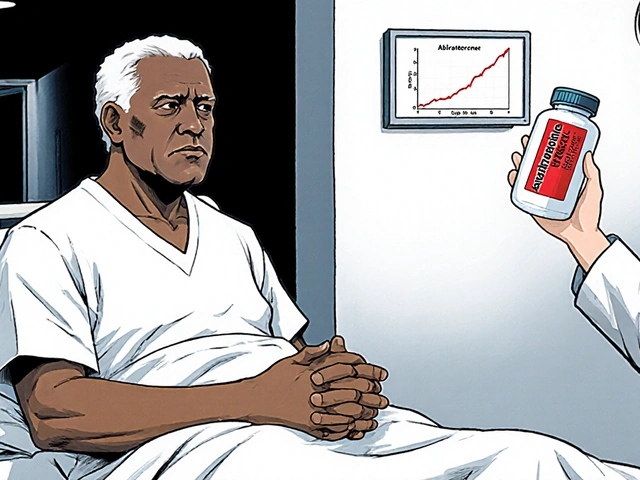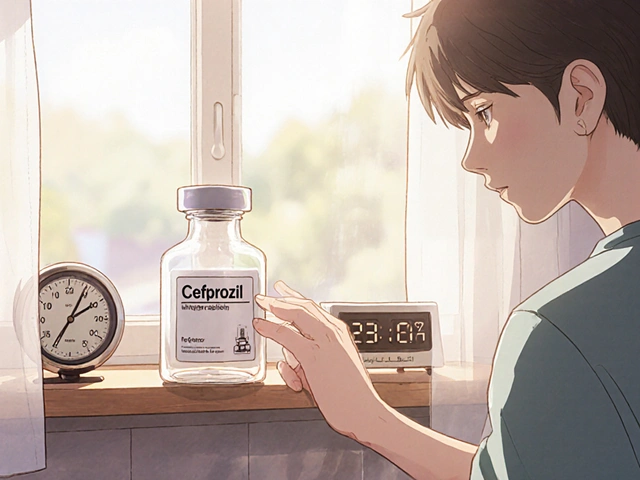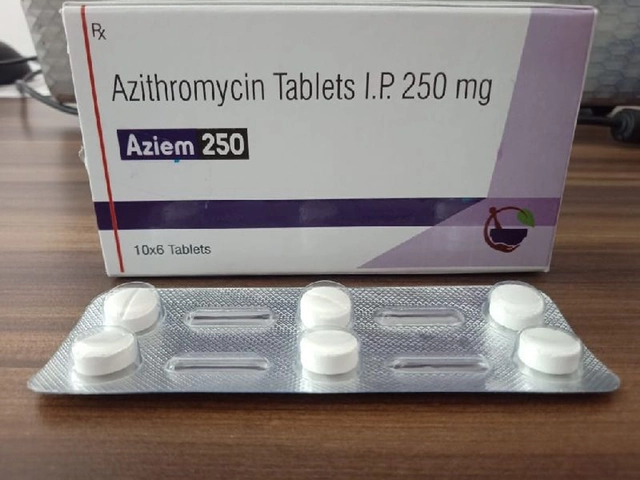Pelvic Inflammatory Disease – What You Need to Know
If you’ve ever heard the term “PID” and wondered what it really means, you’re not alone. Pelvic inflammatory disease is an infection that spreads to a woman’s uterus, fallopian tubes, or ovaries. It can start quietly, but if left unchecked it may cause pain, infertility, or other serious problems. The good news? Knowing the signs and getting prompt treatment can keep things under control.
Common signs you shouldn’t ignore
Most women notice pelvic pain that gets worse during sex or when they use a tampon. A fever, unusual discharge, or a burning feeling while peeing are also red flags. Some people think it’s just a bad period and wait too long – that’s risky because the infection can spread quickly. If you have any of these symptoms for more than a few days, call your doctor.
Another clue is irregular bleeding between periods or after sex. While a one‑off spotting isn’t always serious, repeated episodes could mean the infection has irritated the lining of the uterus or tubes. Young women who are sexually active and have multiple partners are at higher risk, but anyone with a history of STIs (like chlamydia or gonorrhea) should stay alert.
How doctors figure it out and treat it
When you visit the clinic, the doctor will ask about your symptoms, sexual history, and any recent infections. A pelvic exam lets them feel for tenderness in the lower abdomen. They’ll likely order a urine test or swab to check for common bacteria that cause PID.
Treatment usually starts with antibiotics that target the most frequent culprits – often a mix of doxycycline and ceftriaxone. It’s important to finish the full course, even if you feel better after a few days. Skipping doses can let the infection come back or become resistant.
If the infection is caught early, oral meds are enough. In severe cases where there’s an abscess (a pocket of pus) or the tubes are blocked, doctors might need to hospitalize you for IV antibiotics or even surgery. Recovery time varies; many feel back to normal within a week, but some may have lingering pain that needs follow‑up care.
Prevention is straightforward: use condoms consistently, get tested regularly for STIs, and treat any infection right away. If you’ve had PID before, talk to your doctor about regular check‑ups because the risk of repeat infections goes up.
Bottom line – pelvic inflammatory disease is serious but manageable. Spotting the symptoms early, seeing a healthcare professional promptly, and finishing prescribed antibiotics can protect your reproductive health. Stay informed, keep an eye on any changes in your body, and don’t hesitate to ask questions at your next appointment.
The use of clavulanate in the management of pelvic inflammatory disease
Recently, I came across some interesting information on the use of clavulanate in managing pelvic inflammatory disease (PID). Clavulanate is known to enhance the effectiveness of antibiotics by inhibiting the enzymes that break them down. This combination therapy has shown to be highly effective in treating a range of bacterial infections, including those causing PID. It's really important to treat PID promptly to avoid complications like infertility, ectopic pregnancy, and chronic pelvic pain. I believe that the use of clavulanate in PID management is a promising approach that may lead to better outcomes for patients.
About
Health and Medicine
Latest Posts


Borderline Personality Disorder: DBT Skills and Crisis Planning
By Orion Kingsworth Jan 3, 2026

Cefprozil Storage & Disposal Guide: Keep Antibiotics Safe
By Orion Kingsworth Oct 24, 2025

How azithromycin can help treat melioidosis
By Orion Kingsworth Jul 1, 2023

